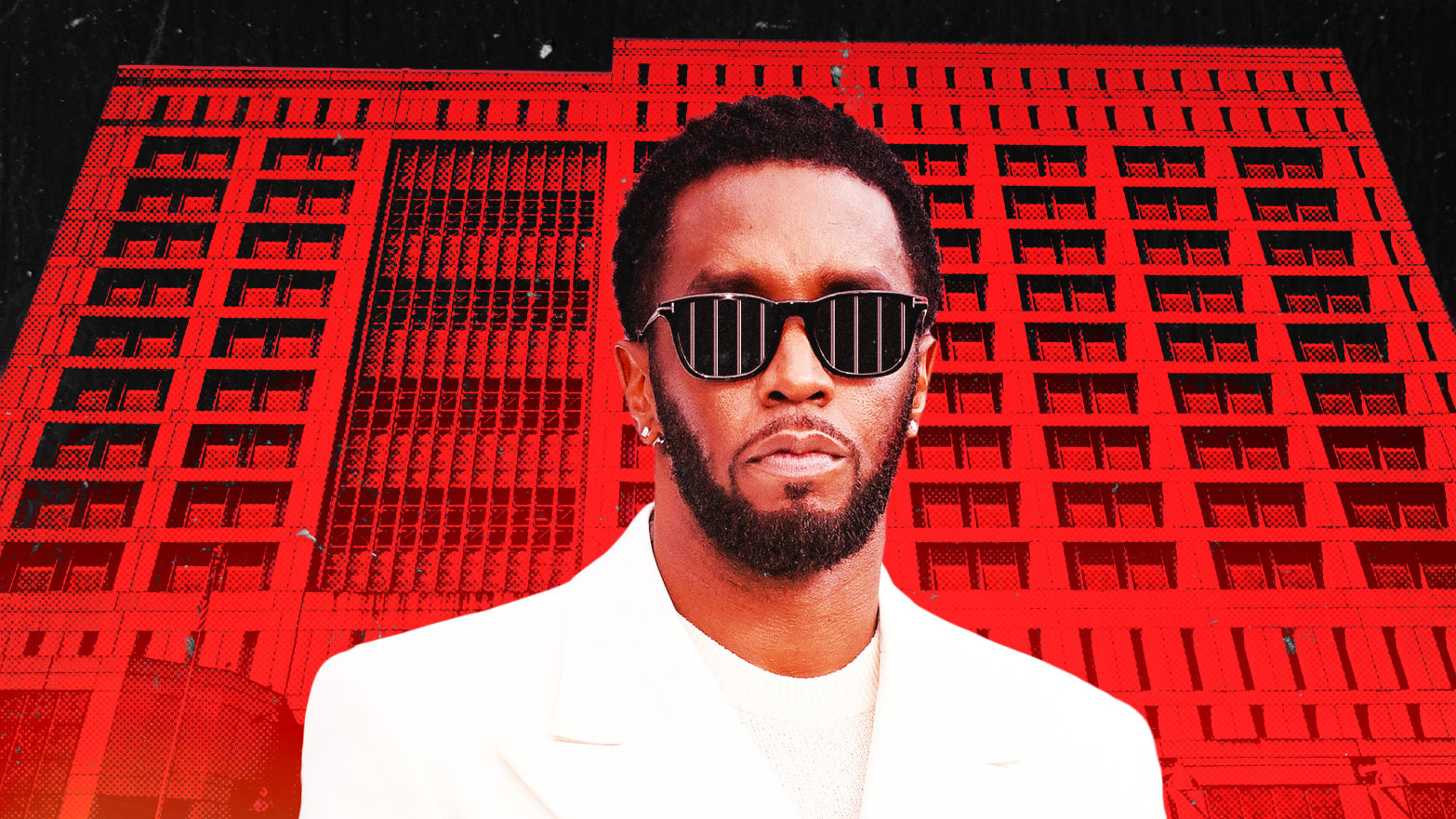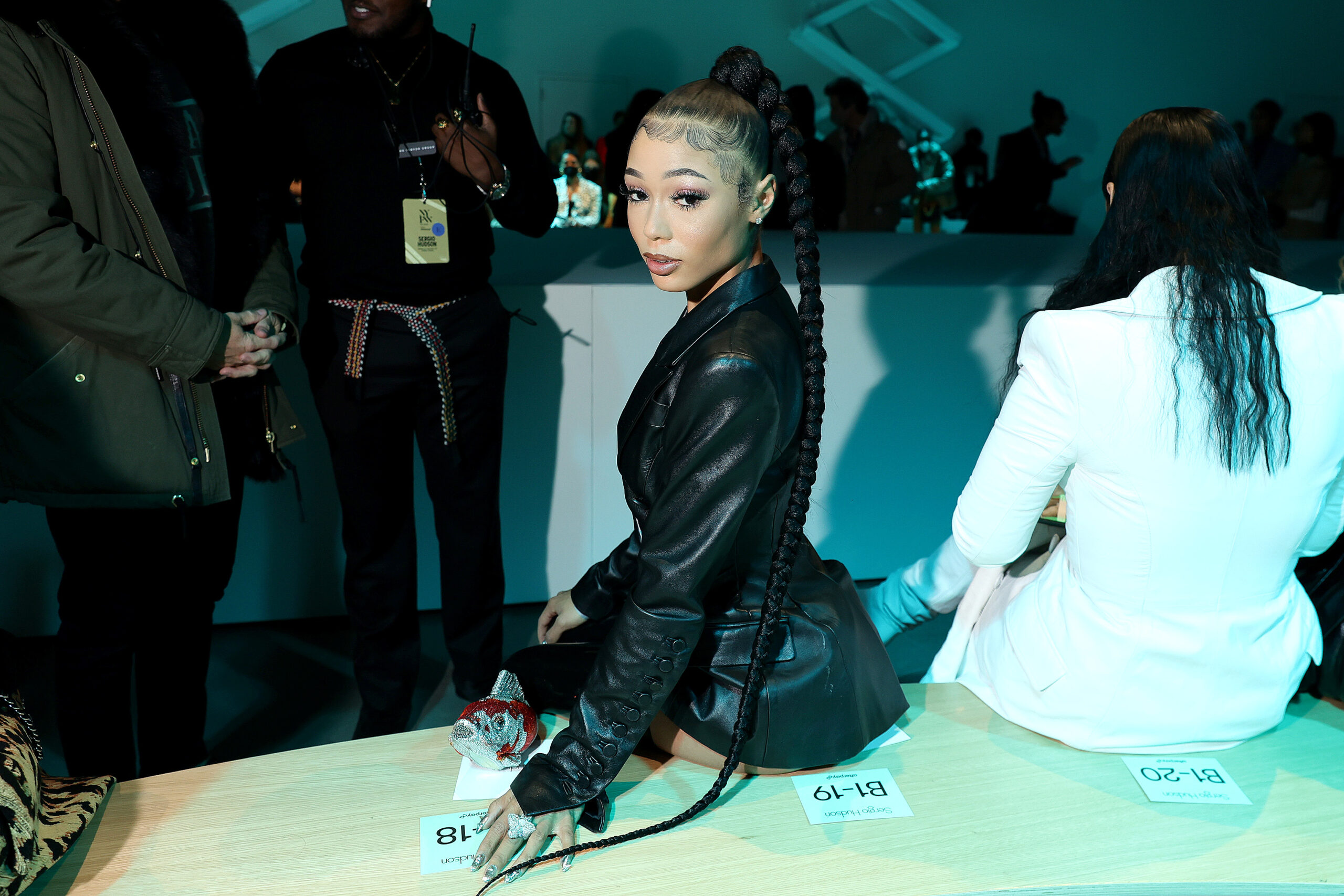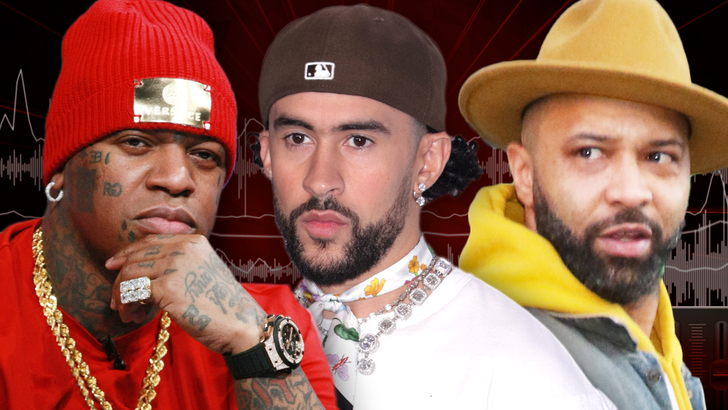In recent developments, Sean Combs, widely known as Diddy, faces serious legal challenges with an indictment that encompasses allegations of sex trafficking, racketeering conspiracy, and transportation to engage in prostitution. The case, brought forth by the U.S. Attorney’s office, highlights a myriad of accusations relevant to Combs’s alleged participation in what has been dubbed ‘freak off’ parties—events that purportedly served as venues for illicit sexual activities.
The term ‘freak off’ is characterized within this context as gatherings that facilitate sexual encounters, often involving multiple participants and discreet arrangements. According to the indictment, these parties are said to have taken place in private settings, where individuals purportedly engaged in behaviors that fall under the legal definitions of prostitution and trafficking. The documents claim that Combs utilized his influence and resources to facilitate these gatherings, involving numerous individuals who were lured into such situations under false pretenses or promises.
The indictment meticulously outlines the actions that Combs allegedly undertook to further a racketeering operation, which is said to include various illegal enterprises linked by economic gain through sexual exploitation. This aspect of the case raises significant concerns among legal observers, emphasizing the potential ramifications of using organized gatherings as platforms for illegal activities. The broader implications of the U.S. Attorney’s case not only highlight the severity of the accusations but also reflect on issues surrounding power dynamics, consent, and the exploitation of vulnerable individuals within such environments.
As the case unfolds, the allegations against Combs offer a critical lens into the intersection of celebrity culture and the legal system, questioning how high-profile individuals navigate the boundaries of legality and ethics in their private lives.

A Look at the ‘Freak Off’ Parties
Reports surrounding the notorious ‘freak off’ parties hosted by Diddy have sparked widespread interest and concern. These gatherings were allegedly characterized by a hedonistic atmosphere, where various illicit substances and commercial sex workers played a pivotal role. Witnesses have described the environment as indulgent and uninhibited, encouraging various forms of debauchery. The parties purportedly extended over several hours, often evolving into wild escapades filled with intoxication and uninhibited behavior.
According to the allegations, the use of drugs was rampant, further enhancing the chaotic nature of these events. Attendees reported that an array of narcotics was readily available, with some sources indicating that substances such as cocaine and ecstasy were prominent. Participants felt that the consumption of these drugs was not only normalized but also essential to the overall experience. This toxic blend of drugs and debauchery reportedly bred an atmosphere where personal boundaries were often overlooked, leading to questionable decisions by those in attendance.
Moreover, the involvement of commercial sex workers has raised significant ethical questions and concerns. These workers were allegedly invited to partake in the festivities, further complicating the dynamics at play. Their presence at the parties contributed to an environment viewed by many as exploitative, where consent and agency may have been compromised for the sake of entertainment. The nature of the activities that unfolded at these gatherings drew scrutiny as patrons engaged in various acts that at times blurred the lines of legality and morality.
In light of these allegations, the ‘freak off’ parties invite further examination into the broader implications of such gatherings. They reveal underlying issues concerning power dynamics, substance abuse, and the potential for exploitation within elite circles. This exploration serves as a critical opportunity to reflect on the cultural and social implications of such events occurring behind closed doors.

The Role of Hidden Cameras and Coercion
Allegations surrounding Diddy’s ‘Freak Off’ parties have ignited substantial discourse regarding the alleged presence of hidden cameras and the use of coercive practices. Reports suggest that attendees were recorded without their consent, raising significant ethical and legal issues pertinent to privacy rights. This act of surreptitious recording poses a grave violation of trust, wherein individuals who entered these private gatherings did so under the presumption of confidentiality and safety. The implications of such actions are profound, contributing to an environment characterized by fear and compliance.
Participants allegedly felt pressured to conform to the demands of their hosts and other attendees, leading to a culture where dissent or reluctance to engage was potentially met with intimidation. The integration of hidden cameras in this context not only breaches the ethical boundary of consent but also enhances the likelihood of coercive practices. This tactic potentially allows for the manipulation of narratives and the exploitation of individuals, thereby creating an atmosphere where personal agency is severely undermined.
The comparisons being drawn between Diddy and infamous figures, such as Jeffrey Epstein, highlight an alarming trend in which power dynamics play a critical role in the exploitation of vulnerable individuals. Epstein’s operations similarly involved manipulation and coercion, where individuals were often placed in compromising situations devoid of agency. Such parallels amplify concerns over the behaviors exhibited within Diddy’s alleged gatherings, prompting discussions about the responsibilities of influential figures in safeguarding the welfare and autonomy of participants.
Ethical scrutiny must be engaged here, as the implication of hidden cameras compounded with coercion raises queries about the broader cultural acceptance of such practices. As society reflects on these allegations, it is imperative to advocate for the protection of personal rights and the establishment of accountability for those who perpetuate such environments.
The Aftermath: Legal Consequences and Future Implications
The recent unsealing of the indictment against Sean Combs has introduced a complex array of legal challenges for the prominent music mogul. After entering a not guilty plea, Combs finds himself at the center of a legal storm that could reshape both his personal life and the landscape of the entertainment industry. The allegations surrounding the so-called ‘Freak Off’ parties have not only put Combs’ reputation at stake but have also raised serious questions about the morality and ethics prevalent within high-profile circles.
As the case unfolds, the potential legal consequences for Combs could be severe. If found guilty, he may face substantial penalties, including fines, community service, or even incarceration, depending on the nature and severity of the charges. This circumstance underscores the importance of accountability, particularly for individuals of influence who have the power to shape cultural narratives. The legal proceedings will likely draw significant media attention, which could amplify public scrutiny and affect Combs’ career long-term.
The implications of these allegations extend beyond Combs as they evoke broader societal conversations surrounding consent, power dynamics, and the conduct of celebrities. The entertainment industry often faces backlash for shielding its stars from accountability, and this case may serve as a catalyst for change. It raises awareness about the need for transparent discussions regarding ethical behavior and responsibility among artists and those working within the industry. This moment could lead to a reevaluation of practices and standards in entertainment, emphasizing the necessity of a more robust framework for addressing allegations of misconduct.
Ultimately, the unfolding situation involving Sean Combs is not just a legal matter; it signifies a critical juncture for societal norms. The outcomes of this case may prompt all stakeholders within the entertainment sphere to confront uncomfortable truths and take steps toward greater accountability and transparency in the future.



/bnn/media/media_files/51f6df16a8dad9701f81ab8b32e54f749f196b61c4df73f9c235b252d28d3b01.jpg)



